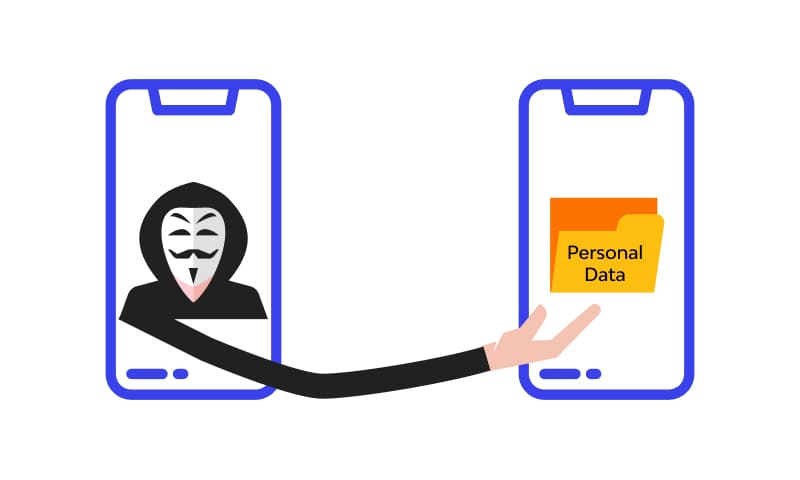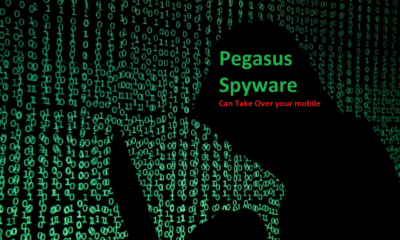
JUICE JACKING: Public USB Charging Stations Pose A Risk
- December 29, 2022
- by
- Nawrin
Assume you’re going on vacation and intend to take a lot of photos to share on social media, but you just realized your phone’s battery is dying. Would you connect your phone to any old USB port if you were nowhere near a power outlet?
You have your power bank with you and use it to charge your phone. Many Congratulations!! You are smart enough to avoid a cyber attack known as Juice Jacking.
How Juice Jacking Works ??
Charging your electronic device at free USB charging stations, such as those near airport gates, hotels, and other travel-friendly locations, can have unintended consequences.
Criminals can set up malware on public USB charging stations in order to gain unauthorized access to electronic devices while they are charging. Smartphones, whether iPhone, BlackBerry, or Android, share one feature: the power supply and data stream are transmitted via the same cable. This could lead to problems. When you connect your phone to another device, it pairs with that device and forms a trusted relationship. So, while charging, the USB cord creates a path into your device that a cybercriminal could exploit.
Most phones disable data transfer by default (except on older Android versions), and the connection is only visible on the end that provides power. For example, when you plug your phone into your computer, the computer may prompt you to trust the device.
The device owner will not be able to see what the USB port connects to if juice jacking occurs. So, if you plug in your phone and someone checks on the other end, they may be able to transfer data between your device and theirs.

The Consequences of Juice Jacking
Juice jacking has the potential to be extremely dangerous to your device and your security. Juice Jacking has direct consequences such as data theft and malware installation. It can lock a device or send personal data and passwords directly to the perpetrator.
This type of attack could target a wide range of sensitive data, including text messages, passwords, files, and other valuable information. A threat actor could use this to gain access to your online accounts, listen in on your conversations, or view private images and documents. They can also collect information like your GPS location, purchases, social media interactions, photos, and call logs. Criminals can use that information to access online accounts or sell it to other bad actors.
How to Avoid Juice Jacking??
- Avoid using a USB charging station.
- Carry a portable charger or external battery.
- Consider carrying a charging-only cable, which prevents data from sending or receiving while charging, from a trusted supplier.
- However, you might want to think about purchasing a “USB condom” if you rely heavily on public charging stations and don’t want to give up this convenience. With the exception of the ones needed for charging, these gadgets are made to block all USB pins. By physically limiting the use of any particular USB cable, this entirely prevents the possibility of juice jacking.



